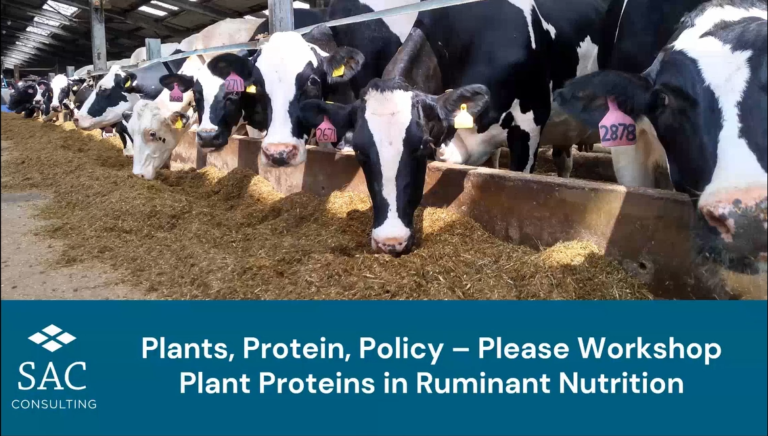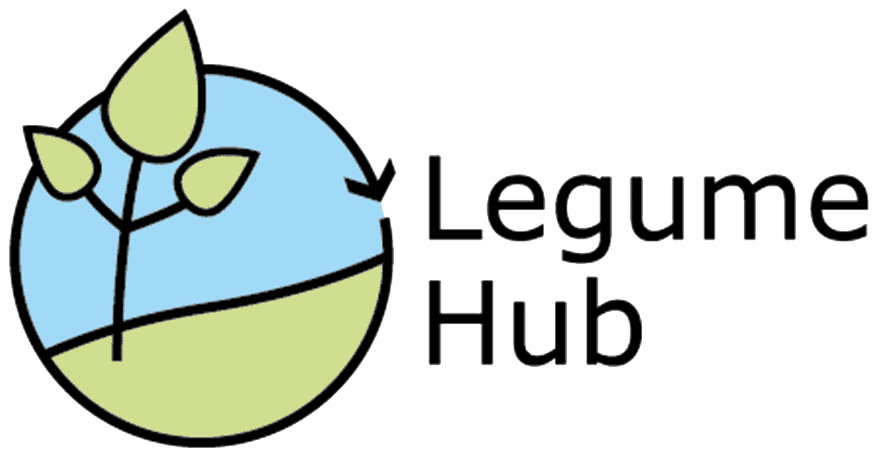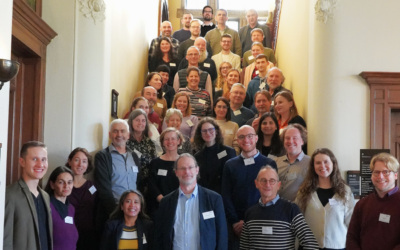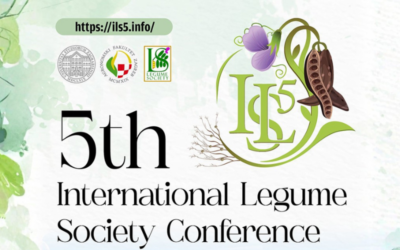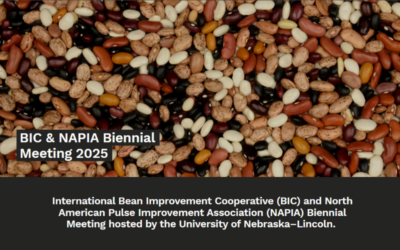Europe’s knowledge
platform for legumes
provided by
The European Legume Hub Community
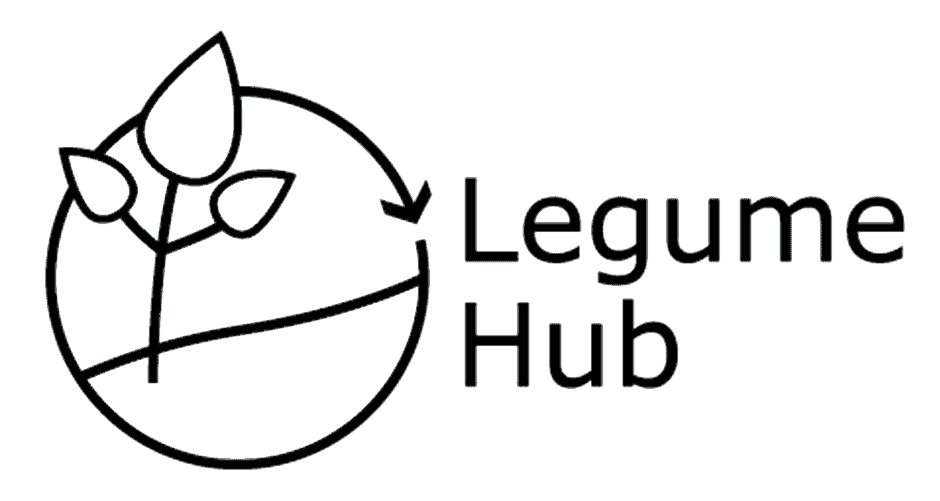
Our recent articles
Our articles about: all
()
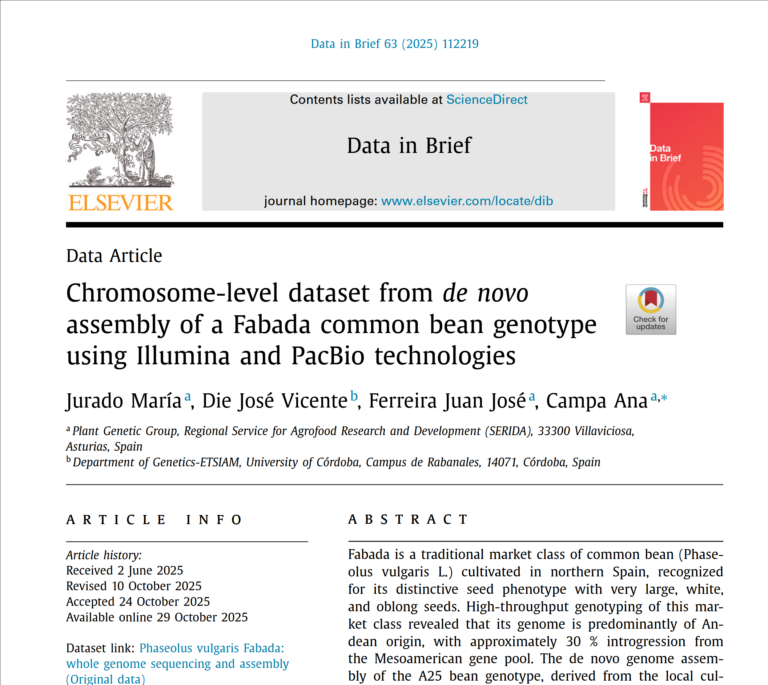
Chromosome-level dataset from de novo assembly of a Fabada common bean genotype using Illumina and PacBio technologies
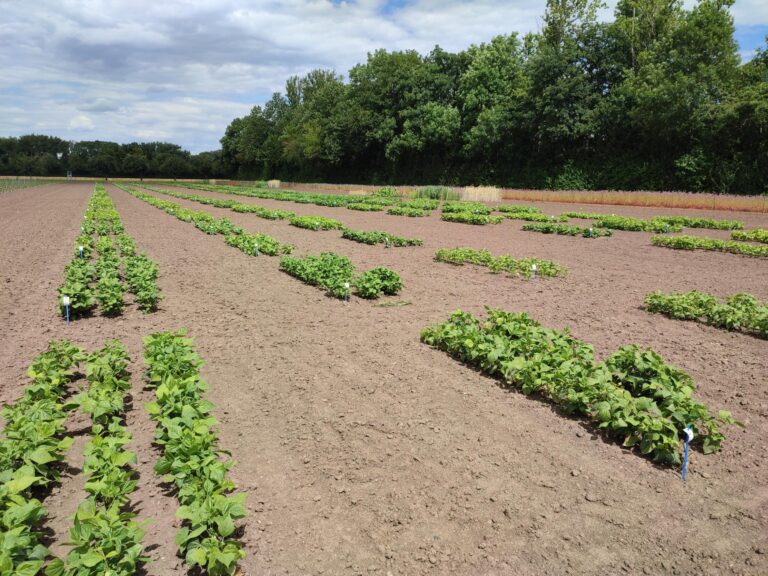
Legume Generation Report 8
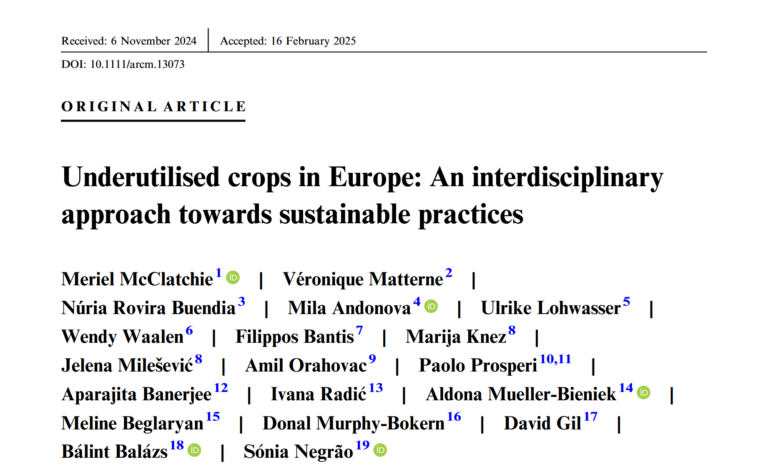
Underutilised crops in Europe: An interdisciplinary approach towards sustainable practices
Latest news & events
Second in-person Legume Generation consortium meeting
On 4 December, the Legume Generation partners had their second in person consortium meeting at the Radboud University in Nijmegen, the Netherlands. The Legume Generation consortium, consisting of 33 partners from 15 countries, runs more than 70 legume breeding and...
5th International Legume Society Conference 2026
Save the date: 5th International Legume Society Conference The next edition of the conference will take place in Dubrovnik, Croatia, from 8 to 12 June 2026, hosted at the Valamar Lacroma Hotel. The programme will cover a wide range of topics in legume research,...
Poster presentation at the BIC & NAPIA Biennial Meeting 2025
The Legume Generation's Bean Innovation Community presented a poster at the BIC & NAPIA Biennial Meeting 2025 in Lincoln, Nebraska, USA. The BIC & NAPIA meeting aimed to: To provide a forum on recent research developments and plans for projects in pulse crops...
Our philosophy
Scientia potentia est: knowledge is power. Understanding empowers. The Hub is about free access to knowledge, insights and understanding to support growing and using legumes. It is about empowering everyone interested in legume development and use with knowledge. The Legume Hub is also a community for developing and sharing knowledge in which experts from science and practice work together to support the sustainable development of our food systems. The Legume Hub provides timely, science-based information for practitioners and everybody with an interest in legumes, their propagation, processing and use. These include farmers as growers and users of legumes, processors for feed and food purposes, and all other stakeholders involved in the legume value chain. The Hub’s registered expert users and authors form the core of the European Legume Hub Community. They own and govern the Legume Hub.
Our recent videos
Our articles about: all
()
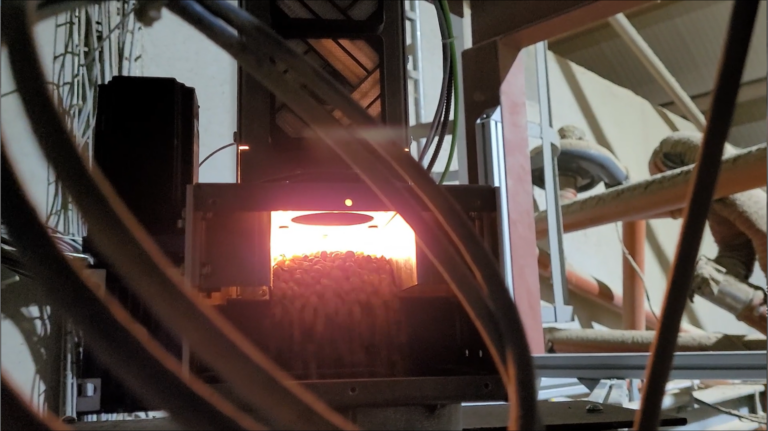
SONIA-ProQ: Real-Time Soya Processing Analysis
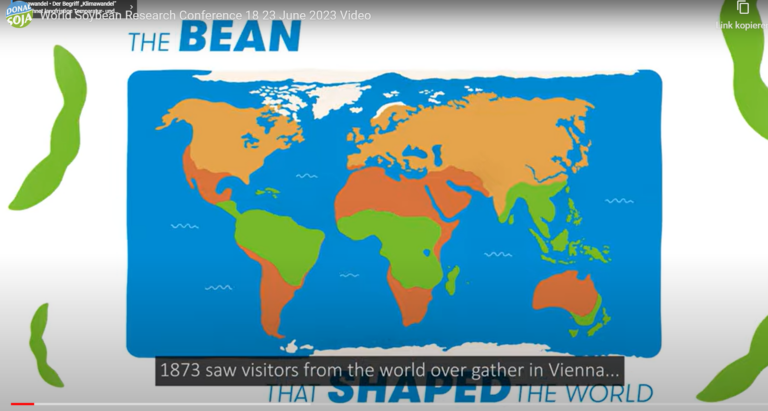
WSRC: The bean that shaped the world
